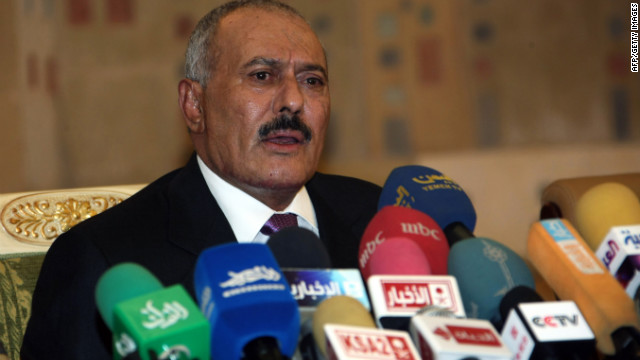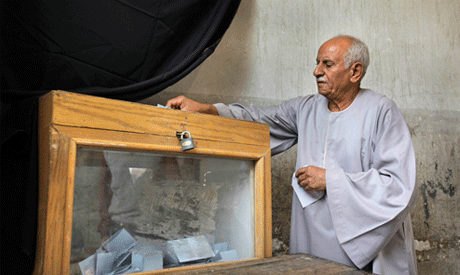By Carolyn Abdenour
Impunity Watch Reporter, Middle East
MANAMA, Bahrain – On Thursday, 26 January, Bahrain’s police reported 18-year-old Mohammed Yaaqub died from sickle cell disease, a chronic disease, while in custody. Although the officers asserted he died of natural causes, Wefaq, the main Shi’ite Muslim opposition group, claimed the young man died from torture.

The police detained him on Wednesday for “acts of violence and sabotage.” Police officers also clashed with and wounded several protesters in four Shi’ite villages in the country on Wednesday.
Wefaq stated the victim sustained injuries after he was squeezed him between two police cars while they followed him. Yaaqub attempted to flee a Shi’ite led protest when clashes erupted between the protesters and the security forces. The police then detained him and tortured him rather than treating his injuries.
Leading opposition figure and former Minister of Parliament Matar Matar commented, “Instead of receiving the necessary medical treatment, the police took him to the yard opposite Sitra police station where he was tortured.”
With the announcement of Yaaqub’s death, the government issued a statement that did not identify the victim. The police hospitalized the victim and charged him with vandalism that occurred during the demonstration. The Interior Minister stated public prosecutors would investigate the victim’s death.
Throughout the past year, Bahrain’s police quashed pro-democracy protests led by the Shi’ite Muslim majority. The protests called to limit the Sunni ruling family’s authority, to cease sectarian discrimination, to ensure the Shi’ite majority secured a stronger voice in government and security affairs.
The government detained over 1,000 people during the year’s protests. Thirty-five people died since March 2011 in nonstop unrest, including five security personnel and five people in custody, who were tortured to death. Bahrain’s inquiry of the protest and crackdown disclosed officials abused and tortured detainees.
As the one-year anniversary of the protests approaches, violence has increased in the country. The Interior Minister reported 41 riot police officers sustained injuries when protesters threw rocks, bottles, metal rods, and petrol bombs at the officers last week. The government considers protests by Shi’ite youths, which may include these violent acts, as vandalism.
A Bahraini rights group reported that thirteen people died from indiscriminate use of tear gas since February 2011. On Thursday, Amnesty International called for Bahrain to investigate the issue. Hassiba Hadj Sahraoui, an Amnesty International regional deputy director, said, “The rise in fatalities and eyewitness accounts suggest that tear gas is being used inappropriately by Bahraini security forces, including in people’s homes and other confined spaces.”
For further information, please see:
Ahram Online – Detained Bahraini Protester Dies: Ministry – 26 Jan 2012
Al Jazeera – Bahrain Confirms Teen Died in Police Custody – 26 Jan 2012
Boston Globe – Protester In Bahrain Dies After Arrest – 26 Jan 2012
Reuters UK – Bahrain Detainee Dies In Custody, Opposition Sees Torture – 26 Jan 2012



